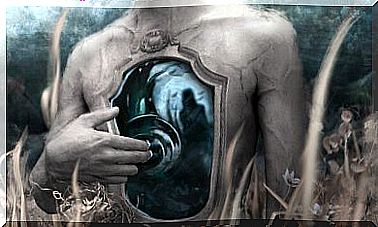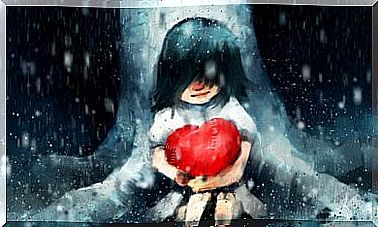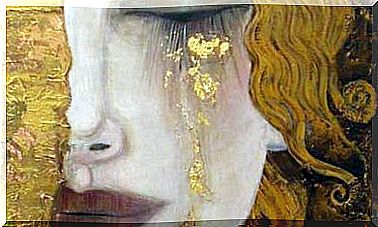The Myth Of Meleager, A Hero Tied To Fire
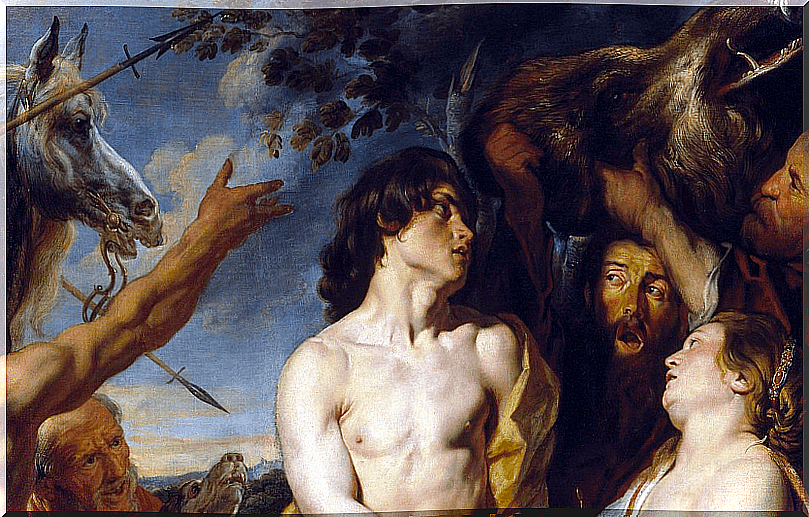
The myth of Meleager tells us that this hero, apparently, was the son of Eneo, king of Calidon, and of Altea. In reality, the latter had been unfaithful to her husband with the god Ares and as a result of that relationship she had given birth to Meleager. Eneo, not suspecting that he was not her true son, raised him as if he were.
The child only had a few hours to live when the Moiras, also called Fates, appeared before Altea, the hero’s mother.
The myth of Meleager tells that the first one pointed out: ” Your son will be a brave hero .” The second, for its part, stated: ” Your son will be a magnanimous man .” Finally, the third prophesied: “Your son will live as long as the brand that is now burning in the hearth is not consumed by the fire.”
At this fateful announcement, Altea hurried to the stake and took the burning brand. He then dipped it into the water to quench it and placed it in a chest. If the smut was never consumed, it meant that her child could be eternal. That’s why he kept the chest in a place where no one could find it. The myth of Meleager began.
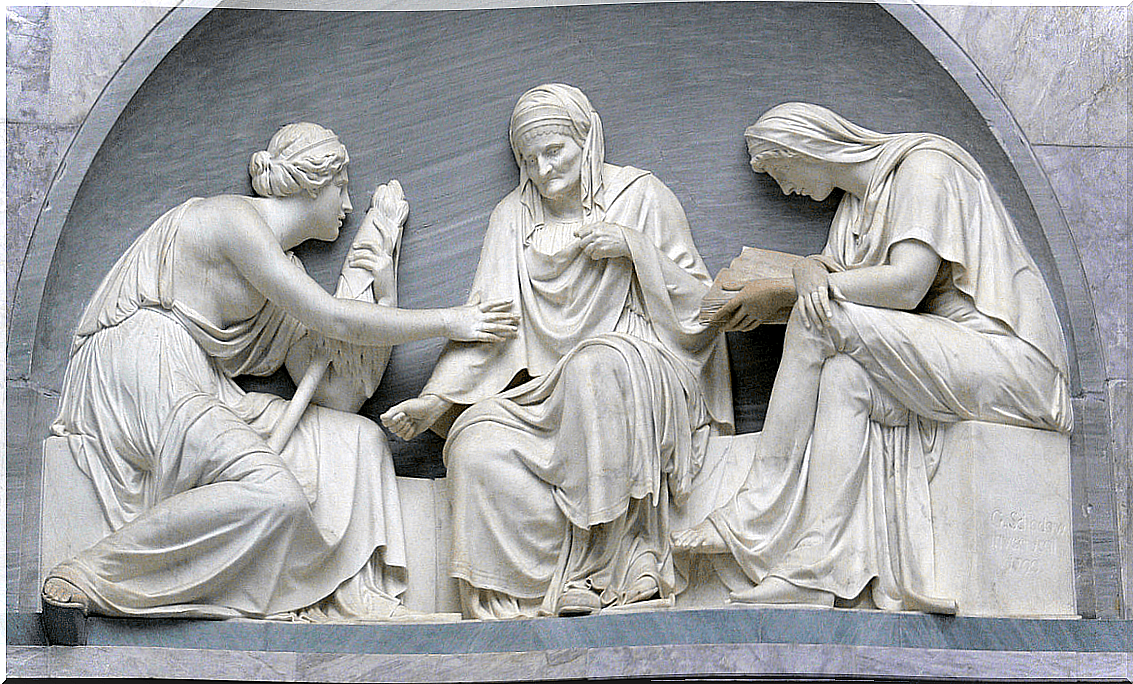
A danger that lurked
The myth of Meleager tells that this hero grew up and became a brave and beautiful young man, of excellent character as the Moiras had prophesied. It was the pride of his parents.
He married very young a woman named Celopatra, who went out of his way for him. Everything seemed to be going perfectly, until the king of Calydon, father of the hero, committed a grave affront against the gods.
The kingdom had had a year of particular abundance in harvests. Therefore, Eneo, king of Calydon, decided to make an offering to the gods, as a sign of gratitude. He offered fruits of the field to Demeter, came to Bacchus, oil to Athena, etc.
However, without that being his intention, he forgot to pay homage to Artemis, who always demanded incense for her altar.
Artemis was the goddess of the hunt, and when she learned of Eneo’s oblivion, she wanted revenge for having overlooked her. According to the myth of Meleager, the goddess sent out a hideous gigantic boar, with eyes that project fire, foamy jaws and fangs similar to those of an elephant. The terrible monster began to ravage the fields, which gradually became barren.
A feat and the myth of Meleager
The violent animal sent by Artemis ate all the cattle and killed several men. Worried about the situation, Eneo decided to summon all the heroes of Greece to fight the monster. Whoever managed to end it would get the fur and fangs of the boar.
The greatest heroes came from everywhere. Among others, Nestor, Jason, Theseus, Castor and Pollux attended. Obviously, Meleager joined the adventure, since his specialty was precisely the javelin.
Artemis, who did not forget the affront, convinced a woman named Atalanta to also join the adventure. Atalanta was a very skilled warrior, but the goddess only sent her because she wanted to cause confusion.
When the expedition departed, Atalanta arrived and Meleager was fascinated with her, because although she had a careless and manly appearance, she was still beautiful. The hunt began and the heroes used their best weapons, but none of them seemed to harm the monster. The battle seemed lost until Atalanta shot one of her arrows and struck the boar in the neck.
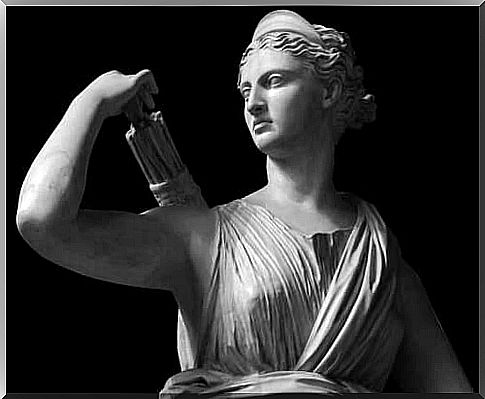
A tragic ending
Admired and more and more in love with Atalanta, Meleager celebrated her feat, while the other heroes were annoyed by the woman’s ability. Taking advantage of the fact that the beast was wounded, Meleager managed to hit another arrow in its body and then finished off the animal with his javelin. However, at the end of the fight he offered the skin and fangs to Atalanta, in homage to his courage.
The other heroes went into a rage. They could not tolerate the idea of a woman keeping the reward for the hunt. Meleager’s uncles, who were present, angrily complained to him for his attitude and a strong fight began. Things got out of hand and Meleager killed his own uncles. Later, he returned to Calidón where he was received as a hero.
Altea, Meleager’s mother, found out what happened with her brothers. She was outraged to learn that her son had killed them for such an ordinary woman as Atalanta. Blinded by her pain, she took the brand she had saved years ago and threw it into the fire.
The myth of Meleager says that the hero began to feel a terrible fever and died when the brand was consumed. Regretful, Altea took her own life.

